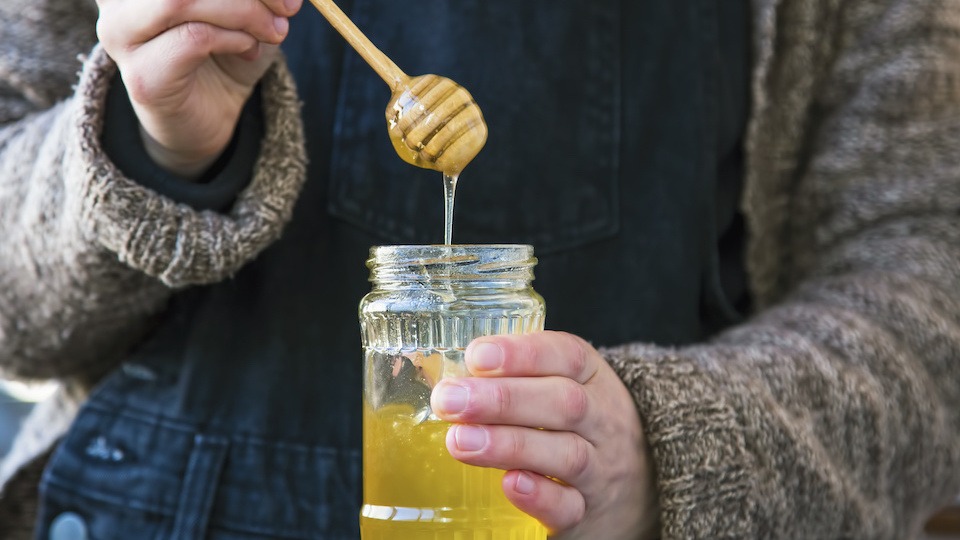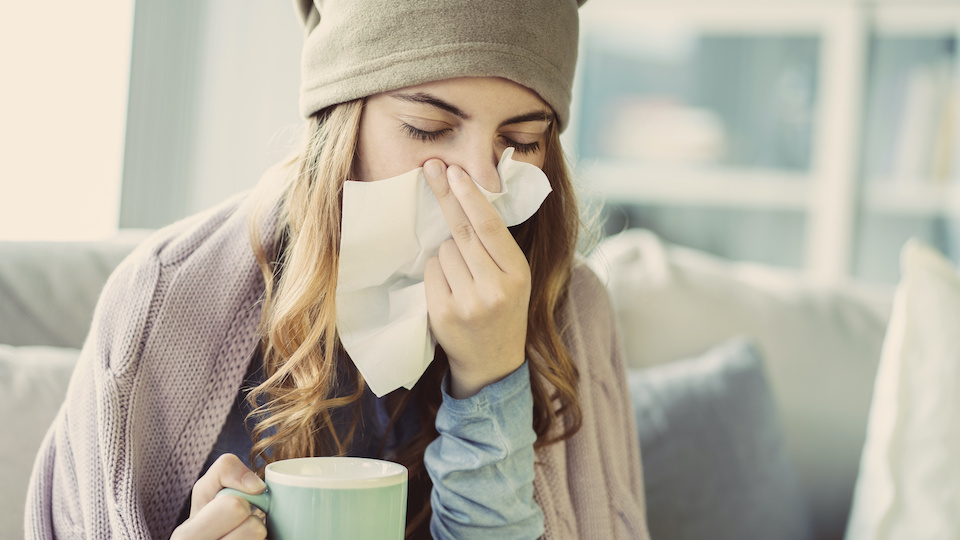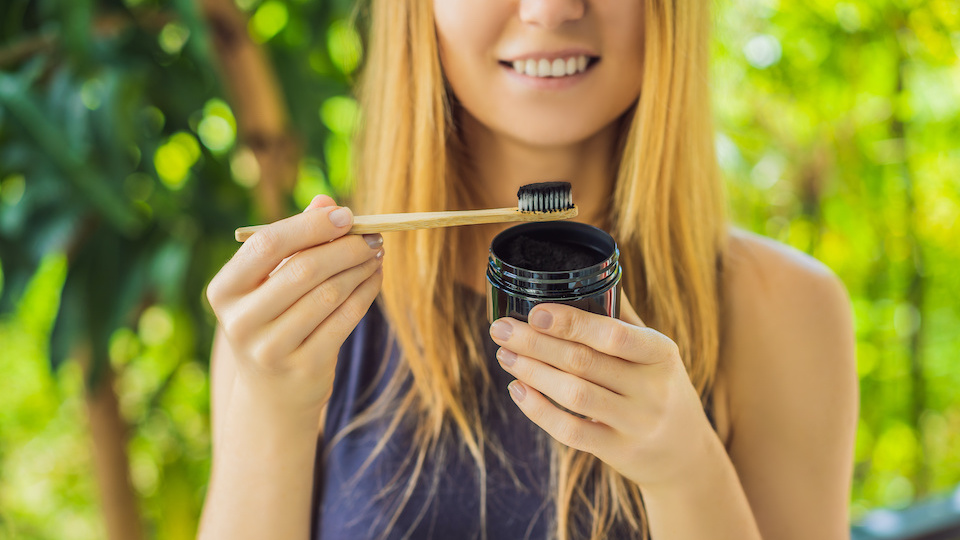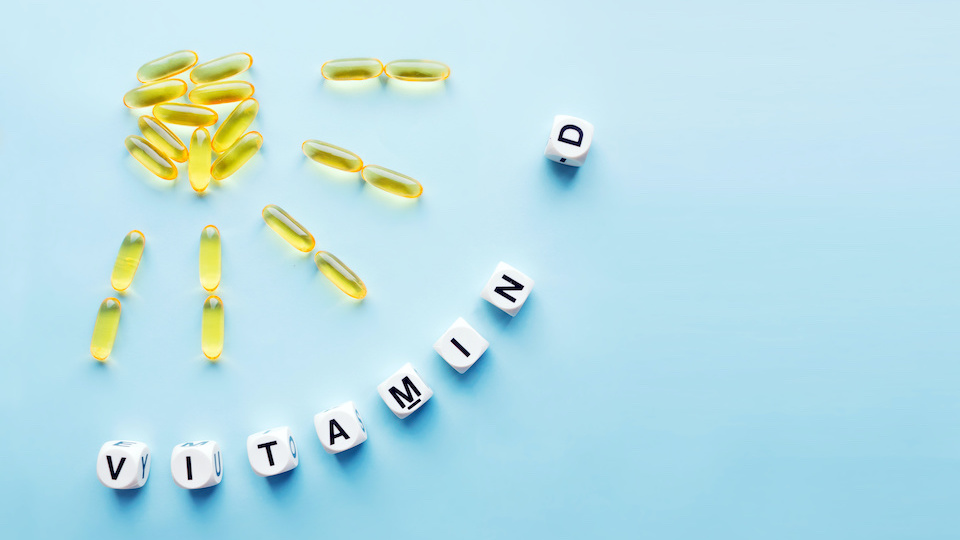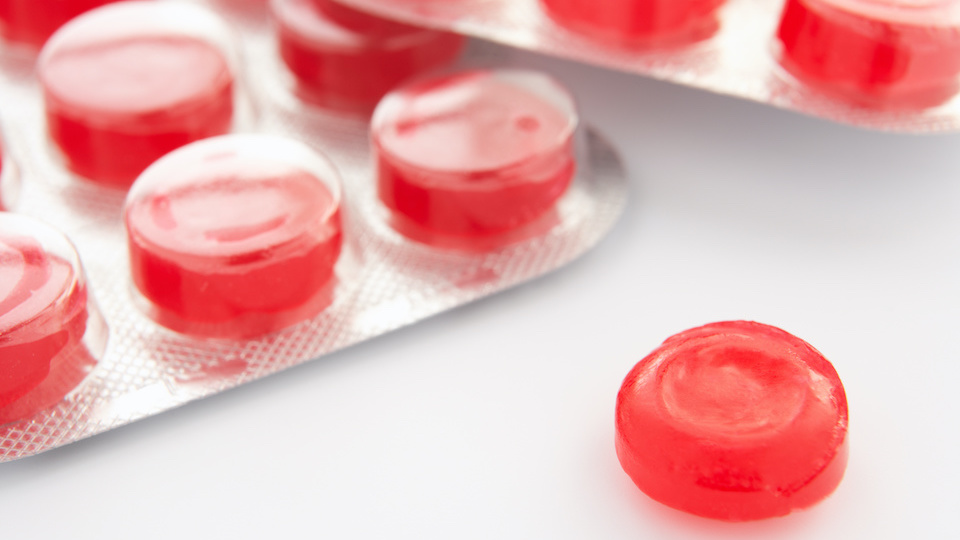What do you look for when choosing foods for your emergency pantry? Long shelf life? Easy storage? Multiple uses? You can check off all three of these requirements with raw honey. Honey is possibly one of the single best survival pantry items. That’s because it has a unique combination of benefits, which make it very valuable for everyday use as well as in an emergency situation. You’ll be amazed at the wide variety of uses for honey, beyond just drizzling on your toast or oatmeal.
The Rich History of Honey
To understand the versatility of honey, we need only look at its long history. Cave paintings in Spain from 7000BC show the earliest records of beekeeping; however, fossils of honey bees date back about 150 million years! Honey has always been valued highly and has often been used as a form of currency, tribute, or offering, or for religious and symbolic purposes. It is reported that jars of honey were found in Egyptian pharaohs’ tombs, and Alexander the Great was allegedly embalmed in honey. In Jewish tradition, honey is a symbol for the new year, and apples dipped in honey are eaten to bring a sweeter future. In the 11th century AD, German peasants paid their feudal lords in honey and beeswax. Not too long ago, honey was also used to make cement, in furniture polishes and varnishes, and for medicinal purposes.
In modern times, honey fell out of favor due to the advent of sugar in the western world. But recently, we are re-discovering the wisdom in this long-loved liquid gold. Natural health nuts and survival enthusiasts alike are big fans of the honey and its many diverse uses.
Here are the top 9 reasons you should keep honey in your survival pantry.
Honey is Energy- and Nutrient-Dense
Honey is composed primarily of carbohydrates (natural sugars) and water, as well as valuable enzymes, minerals, vitamins, and amino acids. Providing 17 grams of carbohydrates and 64 calories per tablespoon (nearly 1300 calories per pound), honey is an all-natural calorie-dense food, making it a valuable energy source for survival purposes.
Although most of the nutritional content is carbohydrates, honey contains vitamins B1, B2, B3, B5, B6, and C, along with magnesium, iron, potassium, calcium, sodium chlorine, thiamin, and phosphate. Honey also provides a variety of flavonoids and phenolic acids, which act as antioxidants, scavenging, and eliminating free radicals. While honey is far from a complete food, it could go a long way toward helping you survive and stay healthy in an emergency.
Honey is Beneficial For Health
Honey has incredible natural health and wellness benefits. To begin with, honey can support and boost the immune system, with anti-viral, antibacterial, and anti-fungal properties. Plus, it being recognized as a potential prebiotic, since it has oligosaccharides that can promote the growth of friendly bacteria like lactobacilli and bifidobacteria. In addition to its antimicrobial properties, honey also appears to stimulate lymphocytic and phagocytic activity, which are key immune responses in the battle against infection.
Honey for Wound Healing
Honey has also been historically used as an effective remedy for wounds, burns, and ulcers. In recent years there has been renewed interest in the medicinal properties of honey, and it is often used as a topical antibacterial agent to treat infections in a wide range of wound types. There is evidence supporting honey’s ability to combat superbugs like MRSA, as well. In most cases, honey is used when conventional antibacterial treatment with antibiotics and antiseptics are ineffective. Studies have found that honey promotes rapid healing with minimal scarring.
Honey as a cold remedy
Honey has often been celebrated as a cough and cold remedy, and is often recommended for easing sore throats and allergies. Not only does honey combat symptoms directly, but it also helps people get better quality sleep so they can heal faster. There is nothing like a cup of warm milk or tea with honey for a soothing and relaxing remedy.
The health and healing benefits of honey are extremely valuable in emergency and survival situations, where supplies may be limited, which makes it an excellent choice for your survival pantry.
Honey Keeps Indefinitely
Due to its low moisture content, acidic pH level, and antibacterial properties, honey has incredible longevity in storage. In a properly sealed container, scientists have found that honey can last thousands of years, as proven by containers found in Egyptian tombs where the honey was still edible. A long shelf life is desirable for your survival pantry, as it reduces the pressure to check and replace items every 6 to 12 months.
Honey is Easy to Transport
In case of an emergency situation, it is essential to be able to transport food and resources easily. Honey doesn’t have stringent storage requirements and can be packed into sturdy containers that can be moved quickly. Another advantage of having honey in your emergency pantry is that it doesn’t need to be prepared or cooked to be consumed, unlike most other foods.
You Can Produce Honey Yourself
The “homegrown” nature of honey is attractive for anyone interested in self-reliance and survival. Learning to keep your own beehive can be an enriching practice, and once the initial setup is complete, you’ll be endowed with buckets of honey for a very low price tag.
Honey is Valuable for Trading
As mentioned above, honey was extremely valuable in the past, and there is no reason why it shouldn’t become that way again in the future. The bartering economy is growing, and it is smart to have sustainable, homegrown resources that you can trade for other needs and resources in a survival-based scenario.
Honey is Useful for Personal Care
One of the main requirements of a worthy survival pantry item is for it to have multiple uses, and honey ticks that box in a big way. Honey can be used to replace many personal care items, including toothpaste, face wash, acne cream, moisturizer, and shampoo.
When used for oral health, research shows that honey can reduce the risk of bleeding from periodontal disease and cut down the incidence of dental plaque. Furthermore, the mineral content in honey keeps teeth healthy.
Honey has many beneficial properties for the skin. Gentle on all skin types, honey can help heal acne scars and kill the bacteria that cause acne. It can also be used to cleanse and moisturize skin thanks to its emollient properties.
Raw honey can also benefit the hair and scalp. It can be used for homemade hair masks, hydrating conditioner, or as natural dandruff shampoo.
Now you know that if you ever had to leave home in a hurry, you wouldn’t need to pack a toiletries bag – just grab your bottle of honey!
Honey Can Be Used to Make Alcohol
Another surprising use of honey is homemade alcohol. This could come in handy in a survival scenario where supplies fall short. For thousands of years, people have turned honey into alcoholic beverages, with mead being the most common form available today. It is similar to white wine, but it tastes of honey rather than grape. Honey mead can be made with some basic equipment and only a few ingredients and is drinkable in a few months.
Honey is Useful as Bait for Hunting
If you ever needed to hunt for your own food, traps would come in handy to help you make a catch for dinner. Based on the same concept as a salt lick for attracting deer, honey can be an aromatic lure for omnivores with a sweet tooth, such as raccoons, opossums, skunks, and bears.
How To Find The Best Honey For Your Survival Pantry
Before you begin stockpiling this liquid gold, you must know that not all honey is the same. Most of the honey found in supermarkets has been filtered and pasteurized. With pasteurization, honey is heated at high temperatures – usually around 95 degrees – to prevent fermentation. This process takes away any threat of botulism and makes honey more liquified and easier to use, but it destroys many of its natural benefits. Some commercial honey also contains water, sugar, and other additives.
Raw honey, on the other hand, is honey in its natural state. It may have been strained to eliminate bits of beeswax (or even bee body parts), but it has not been overheated. Raw honey may or may not also be labeled ‘organic’. According to the USDA, organic honey was made from a bee farm that follows the organic standards. This designation means that hives should be free of chemicals and the flowers that the bees visit are not sprayed with chemicals. Raw honey is often darker, thicker and more opaque in appearance than regular honey.
There are many different types of honey, which you may prefer based on your plans for using it. Manuka honey, for example, is a specific type of raw honey that is popular for health purposes due to its antibacterial and healing properties. Buckwheat honey is excellent for anti-aging and detox, and Eucalyptus honey can be helpful for children with compromised immunity. In any case, be sure to check the label to ensure you are buying raw honey. Otherwise, the honey you purchase will fall short of many of the desired properties and benefits.
How to Store Your Honey Properly
The storage of honey is key, since you want to protect it from external elements to keep it fresh and potent. If your honey comes in a plastic container, you’ll want to repackage it in glassware. Rodents can make quick work of the thin plastic bottles that are commonly used for honey packaging, so airtight mason jars with metal lids are a better choice. Keep honey in a cool, dry, and dark place.
Don’t be concerned if you notice crystals in stored honey. This is a normal change and can be reversed with gentle heating in a bowl of warm water. You can also use honey in its crystallized form for many uses, such as baking or tea.
How much honey you need to store depends on your individual needs, but for most people, up to a maximum of five liters of honey is enough for two people over one year.
Heed This Honey Warning
As you can see, raw honey has an amazing number of benefits. However, there is a potential downside, especially for babies under one year and people with compromised immune systems.
Consuming raw honey can occasionally lead to a form of food poisoning called botulism, resulting in breathing problems and muscle weakness. Buy your honey from a trusted source, store your honey carefully to prevent contamination, and never give honey to babies under one year of age.
Now that you know all the potential uses for honey, will you be adding some to your survival pantry? Check out this article for more sweet inspiration with honey.
-The UpWellness Team


